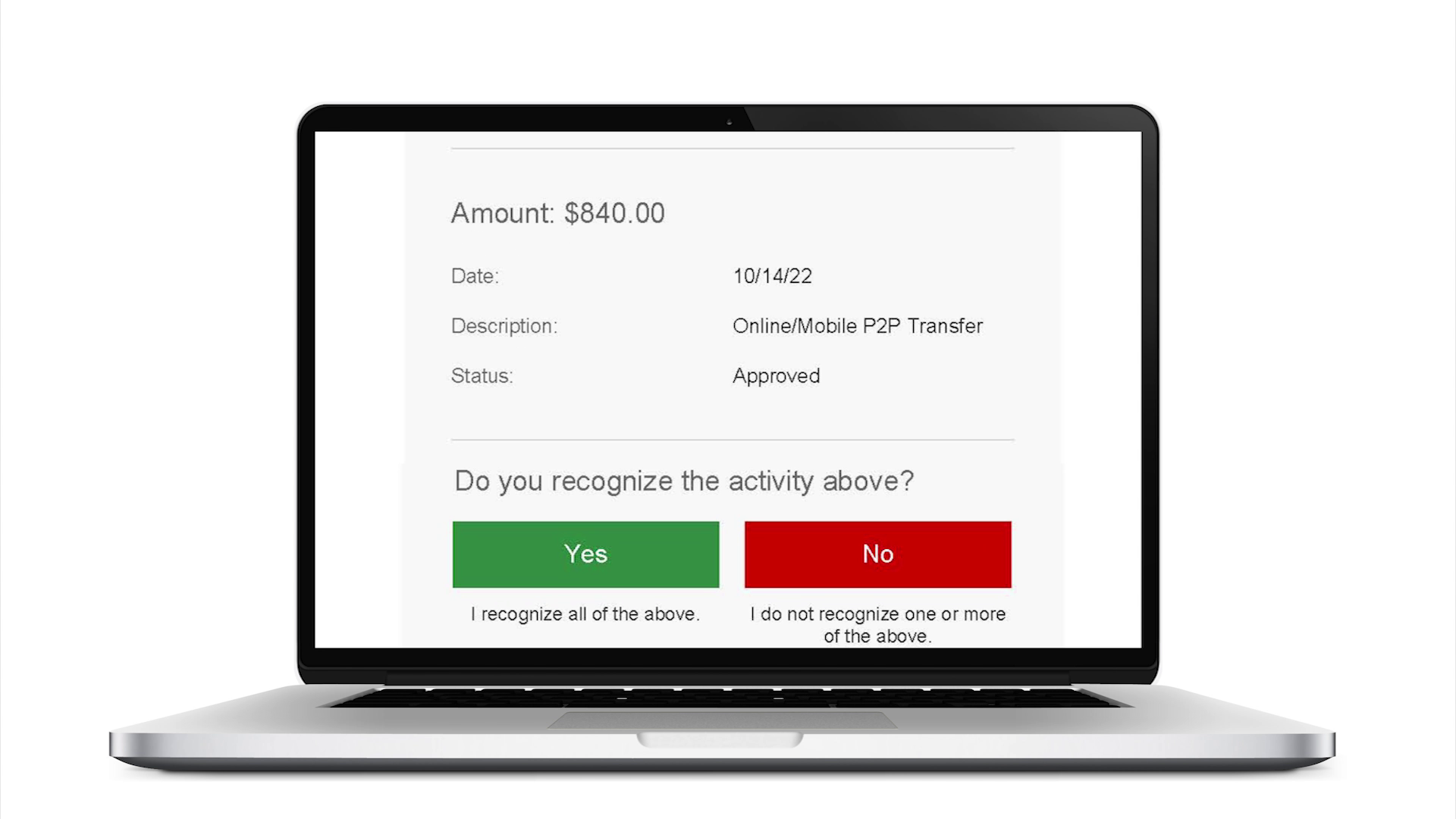Whether you’re looking for a new restaurant to try or you need to find a mechanic, online reviews have become an important tool to help you make the right decision.
But just how trustworthy are those reviews?
As the Federal Trade Commission’s “National Consumer Protection Week” kicks off, many consumers have questioned deceptive reviews, so much in fact that now, FTC regulators may be strengthening rules governing reviews.
Advocates stress: With online reviews, consumers have to be cautious.
“You gotta take them with a grain of salt,” said Steve Bernas, president of the Better Business Bureau of Chicago. “You shouldn’t base your whole decision on customer reviews.”
The Better Business Bureau says consumers should make a habit of checking its website for reviews of companies, since the BBB vets these reviews very thoroughly.
“If you go on our site today and put a review in, we will look at it and look at 40 other different data points to see if it is a bad review,” Bernas explained. “Then, we still don’t post it. We send it to the company to make certain it is a customer.”
In 2021, Google said it removed more than one-million reported business reviews, and more than 95 million reviews that violated its platform’s policies.
The issue of deceptive reviews has even led FTC regulators in late 2021 to define what they consider “deceptive practices.” The FTC is also considering adding stronger rules and protections in the future.
When referencing online reviews, the FTC shares these key points to consider:
Feeling out of the loop? We'll catch you up on the Chicago news you need to know. Sign up for the weekly Chicago Catch-Up newsletter here.
- Consider the Source: The FTC says it has brought a number of enforcement cases on companies that were caught posting fake reviews of their own products or services, as well as reviews by customers who were paid to leave a review. When referencing online reviews, consider the source and any details about the reviewer, and/or the site or platform where the review is posted.
- Old or New?: Check the date on the review, to see how recent they are. Also, the FTC says to keep an eye out for “bursts of reviews over a short period of time.” Sometimes that can be an indicator that they are fake, regulators say.
- Reviewer History: Check to see if the user leaving the review has left other written reviews. Read those to get a sense of whether you can trust the reviewer. If it seems that the reviewer created an account, just to leave a single review, that could be an indicator that it’s fake.
- Fakes Can Be Negative: Fake reviews aren’t always positive. The FTC has found some companies pay for fake negative reviews to harm a competitor, so scrutinize negative reviews as much as positive ones.
If you feel you are a victim of deceptive practices, you can file a complaint with the FTC online by clicking the link here.
Also, tell NBC 5 Responds about it! You can fill out our consumer complaint form by clicking here.
Read more about online reviews on NBC Dallas Fort-Worth’s website here.



